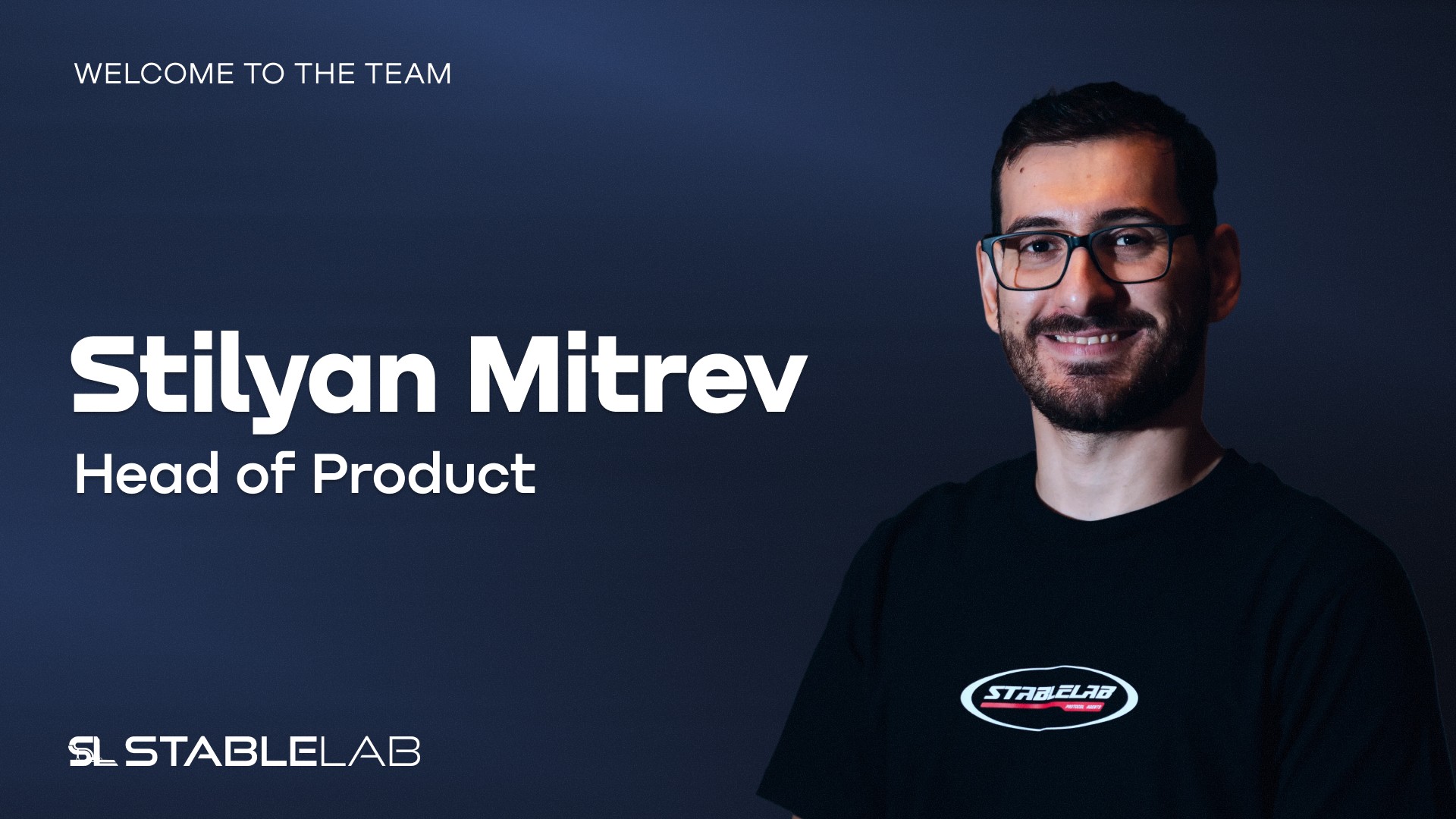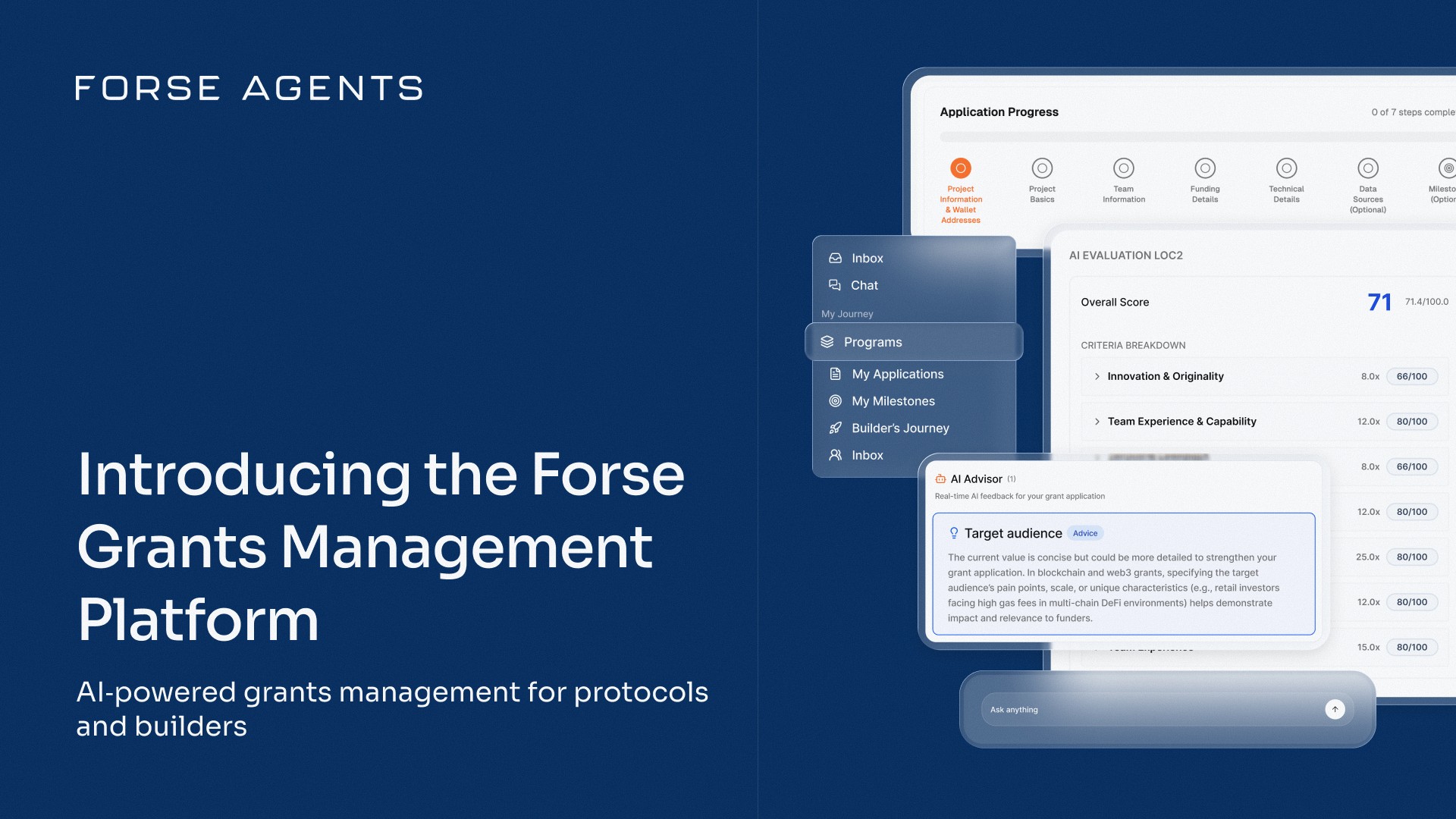The Evolution of Governance
Blockchain technology has not only disrupted finance but also governance, giving birth to DAOs that aim to revolutionize how decisions are made and executed. In parallel, Artificial Intelligence (AI) is altering the scope of what's possible in data analysis, predictive modeling, and automation. When these two cutting-edge technologies converge, they unlock the transformative potential of a new social contract—one that is distributed yet highly coordinated, democratic yet efficient. This convergence holds the power to redefine decentralized governance itself, while simultaneously raising profound questions about agency, ethics, and the balance of power in a world increasingly run by algorithms.
In traditional centralized systems, governance decisions are typically concentrated in the hands of a select few or a single entity. This centralized control over resources and decision-making often leads to inefficiencies and can be susceptible to corruption. DAOs attempt to address these concerns by distributing governance across a more diverse group of stakeholders. With the advent of AI in this space, there is a tremendous opportunity to enhance this decentralized model even further, introducing new layers of intelligence, automation, and efficiency.
As DAOs govern more specialized domains that rely on expert opinion, they face unique challenges. These include decreased efficiency due to greater community involvement and the challenge of information silos. Given AI's pervasive progress in modern life, it's important to explore how AI-DAO synergy can address these challenges. Yet, we must also remain cautious of the inherent risks that come with these influential technologies.

Generated using Midjourney AI
How AI Can Enhance DAOs
Artificial Intelligence has the ability to integrate algorithmic decision-making, data analytics, and predictive modeling into the DAO framework. This can encompass a range of applications, from AI bots that auto-execute routine tasks based on community consensus to machine learning models that identify suspicious activities or optimization opportunities within the DAO. This union marks the dawn of ‘super governance’ - a state where decision-making is not only decentralized but also enriched with intelligence, agility, and reduced administrative burden. DAO operators and participants already use existing AI tools like ChatGPT and Otter AI to streamline onboarding and automate routine tasks, but that’s just scratching the surface. Let’s explore key areas where AI could profoundly enhance DAO functionality and invigorate decentralized governance.
Productivity and Information Accessibility through NLP techniques: Sifting through extensive forum conversations and governance proposals can be daunting. AI, capable of rapidly parsing massive data sets, can make governance more efficient. Using Natural Language Processing, AI bots equipped with sentiment analysis and topic modeling can distill protracted discussions and complex proposals into succinct summaries, empowering stakeholders to make well-informed decisions without information overload.
Dynamic Resource Allocation through Real-Time Analytics: An AI agent operating at the smart contract level can have the ability to dynamically reallocate resources based on real-time data analysis. These agents could use machine learning algorithms to continuously evaluate the impact and performance metrics of various projects. Consequently, they could direct funds towards initiatives showing higher promise of ROI, or dynamically adjust treasury management strategies to capitalize on fluctuations in market conditions.
Metagovernance Augmented by Swarm Intelligence: AI has the potential to turbocharge metagovernance endeavors by interlinking AI agents across different DAOs, fostering autonomous inter-DAO communication and action. This could be the most viable pathway for DAOs to attain true autonomy, both in function and in name. Multiple specialized AI agents operating across different DAOs can form a swarm intelligence that can cooperate without much human interference. These agents would autonomously share data, and insights, and even initiate actions across DAOs.
Using AGI Robots: As advancements in Artificial General Intelligence (AGI) proceed, we can envisage a future where AGI agents serve as DAO participants' representatives. Unlike narrow AI, AGI boasts adaptive reasoning abilities akin to human cognition. This would eliminate issues like missing votes or proposals failing due to lack of quorum and ensure that every voice is algorithmically represented in the decision-making process.
Enhanced Security through AI monitoring: AI can bring a transformative layer of security to DAOs through real-time auditing and moderation. Using machine learning models trained to identify patterns indicative of fraudulent activities or harmful proposals, these AI systems could autonomously flag risks and initiate protective actions. For instance, an AI audit tool could scan transaction logs for suspicious activities, while a content moderation AI could filter out spam or reject proposals from known malicious actors and flagged wallets.

Generated using Midjourney AI
AI & DAO Governance in Practice
As the future of DAO governance unfolds, numerous theories have emerged regarding the role AI will play. There are ongoing experiments and tooling being developed to seamlessly integrate AI-based tools into the governance process.
MakerDAO, a leading player in the DeFi space, announced ambitious plans that provide a window into the future of AI-augmented governance. As part of the Endgame plan, Maker plans to launch new tokens that bridge its governance token (MKR) with its stablecoin (DAI) under a unified brand. Following this, six SubDAOs with specialized tasks will be introduced, some of which will leverage AI capabilities. The most exciting part of Maker's outlook is the integration of Governance Artificial Intelligence Tools (GAITs) to assist Maker ecosystem stakeholders in operating, auditing, and improving the Scope Artifacts of MakerDAO and SubDAOs, and the business processes of Ecosystem Actors. These AI utilities are designed to summarize proposals, verify data, and even generate new governance initiatives. By integrating AI in this manner, MakerDAO is creating what founder Rune Christensen calls a "governance equilibrium," a state of optimized, intelligent governance.
Similarly, the NEAR Digital Collective (NDC), a newfound effort to unite the NEAR ecosystem, is embracing AI. The NDC has proposed an AI tooling project, a set of tools designed to make participating in NDC governance easier, and more intuitive. This project includes a summarization tool for channels, a document repository with text-to-speech accessibility, and a conversational chatbot. The NEAR Hub Chat Bot is already live, allowing anyone interested in NDC governance to interact with a trained LLM and ask governance-related questions to bring themselves up to speed.

Near Hub Chat Bot
In the Web3 ecosystem, the open-source and "build in public" culture has cultivated a hotbed for innovation and experimentation to unlock new use cases. A standout example is the x23 project from an AAVE DAO contributor. This tool uses AI to streamline lengthy forum discussions into short, actionable summaries, making governance more accessible for DAO members. Given the rise of blockchain hackathons, we can expect a surge in similar, high-impact applications that will push both technological and ethical boundaries.
AI & DAO Symbiosis: Can DAOs Improve Artificial Intelligence?
As the benefits of integrating AI into DAOs gain recognition, it is equally intriguing to examine how DAOs can positively impact the field of AI. DAOs have the potential to democratize AI development, fortify AI systems against potential misuse, and guide the ethical, equitable deployment of intelligent systems. Let's explore some specific areas where the symbiotic relationship between DAOs and AI can have a profound impact.
Democratizing Access to AI: DAOs offer a platform where a broad array of stakeholders can participate in the development and adoption of AI systems. Through decentralized governance, DAOs can oversee the allocation of resources, both computational and financial, for the development of AI technologies such as large language models (LLMs). This opens up opportunities for more people to have a say in the direction and development of AI technologies and reduces the concentration of power and influence in the hands of a few tech giants.
Decentralized Governance of Computational Resources: Sophisticated AI models demand enormous computational firepower. DAOs present an innovative mechanism to govern these computational resources in a transparent and decentralized manner. Imagine a distributed network of computational nodes, all guided by a DAO. This would allow equitable access to computing power and minimize the risk of monopolistic control over AI infrastructure.
Ethical Oversight and Auditing: One of the ongoing concerns in the realm of AI is the ethical deployment of these technologies. DAOs can serve as a dynamic platform for community-driven, real-time auditing of AI systems. Members can vote on ethical guidelines that AI models within the DAO should adhere to, and enforce compliance onchain. In instances where an AI system operates within a legal grey area or ethical ambiguity, the DAO can quickly convene stakeholders to scrutinize the issue, ensuring that ethics aren't an afterthought but are baked into the development process itself

Generated with Midjourney AI
Potential Risks and Ethical Implications
While the fusion of DAOs and AI poses revolutionary implications, it is important to highlight the inherent risks and ethical consequences of these technologies colliding.
Algorithmic Bias: The problem of algorithmic bias is far from a novel issue in AI ethics, but its implications take on a larger significance when such algorithms are incorporated into DAOs. Given that DAOs can operate as self-governing entities, the dangers of perpetuating societal inequalities through biased algorithms are palpable. Imagine, for instance, a DAO that allocates resources for community development but utilizes an AI system trained on biased data. This could inadvertently perpetuate existing social disparities, allocating fewer resources to historically marginalized communities. DAOs employing AI must adopt robust fairness-aware algorithms and engage in ongoing audits to scrutinize and mitigate algorithmic biases to mitigate this risk.
Loss of Human Oversight: Another salient concern is the potential erosion of human intuition and ethical nuance, especially as we inch closer to a world where AGI could participate in decision-making processes. Even the most advanced AGI cannot wholly capture the complex tapestry of human emotion, cultural contexts, and ethical subtleties. While AGI can compute millions of data points in a second, can it understand the moral weight of a decision affecting the livelihoods of a community? Human judgment is arguably the cornerstone of any ethical governance framework, and an overreliance on AI-powered, automated systems could risk sidelining this.
A New Playground for Malfeasance: As we augment DAOs with complex AI systems, we must also consider that this creates more intricate attack vectors for malicious actors. AI algorithms, if compromised, could be manipulated to make governance decisions that serve the interests of a select few and grossly undermine the very essence of decentralized and democratic governance. Additionally, smart contracts automated by AI agents could become more susceptible to bugs and loopholes as complexity increases.

Generated with Midjourney AI
AI & DAOs: A New Social Contract
The potential for a synergistic relationship between DAOs and AI offers an exciting yet challenging frontier for governance. We are looking at the possibility of creating not just smarter organizations, but also more egalitarian communities and perhaps, even a new form of society. The journey towards this revolutionary future is fraught with ethical and practical challenges, but if navigated carefully, we could be on the brink of a governance revolution that would reshape our collective social contract for the digital age. It's important that we navigate with both visionary enthusiasm and grounded caution and establish rigorous ethical frameworks that evolve alongside the technology. Only then can we fully harness the collective benefits of DAOs and AI while mitigating these risks that sometimes shadow their immense potential.
Share with your friends:








